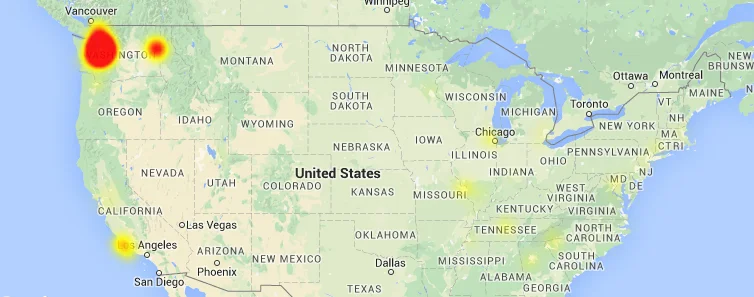Okay, folks, buckle up. Because what’s happening with Warner Bros. Discovery (WBD) right now—the bidding war between Paramount Skydance (PSKY), Comcast (CMCSA), and Netflix (NFLX)—isn’t just business as usual. It's a tectonic shift, a sign that the entertainment landscape is about to be reshaped in ways we can barely imagine.
You see, for years, we’ve been told the story of streaming dominance, of a few giants gobbling up everything in their path. But this? This feels like a course correction. Like the universe is recalibrating.
The Empire Strikes Back—and Divides?
Paramount, Comcast, Netflix… they all want a piece of WBD. That alone speaks volumes. But let's look at the why. Paramount, hungry to boost its content pipeline and distribution reach, sees a full acquisition as the holy grail. Comcast and Netflix, on the other hand, are laser-focused on the studios and HBO Max, seemingly content to leave the cable networks behind.
Warner Discovery is even planning to split into two companies, one for its studios and streaming services, and another for its cable networks.
This is where it gets interesting. Is this the beginning of the end for traditional cable? Are we witnessing the final act of a drama that started decades ago? Maybe. But I think it's more nuanced than that.
Think about the printing press. When it arrived, people thought it would destroy oral tradition, kill storytelling. Instead, it democratized information, created new forms of art, and ultimately enriched our culture. What if this "splitting" of WBD, this scramble for assets, is a similar inflection point? What if it leads to a more diverse, more innovative, and ultimately more exciting entertainment ecosystem?
The article mentions analysts suggesting Paramount has an advantage by seeking a full acquisition, potentially simplifying regulatory review. But what happens after the acquisition? How will Paramount balance the needs of its existing properties with the vast library of Warner Bros.?
The Human Element: Content is King, But Connection is Everything
Netflix's interest in WBD's content library is understandable. Content is king, after all, right? But I think there’s something deeper at play here. Netflix, despite its size, has always struggled with consistency. Adding Warner Bros.' massive catalog could solve that problem overnight. But can sheer volume overcome the need for genuine connection with an audience? Can algorithms replace the human touch of storytelling?

And then there's Comcast. $38 billion in adjusted earnings last year is nothing to sneeze at, but their stock price has been declining. They see the strategic value in combining NBCUniversal with WBD, potentially strengthening Peacock. But the article mentions "tensions between Comcast leadership and political figures" and regulatory approval being uncertain. Paramount, Comcast, Netflix Set to Bid for Warner Bros. Discovery Ahead of November 20 Deadline
These are the human elements that algorithms can't predict, the wild cards that can make or break a deal. These are the kind of hurdles that remind me why I got into this field in the first place.
And what about the people making the content? What about the writers, directors, actors, and crew members whose livelihoods depend on these decisions? Will this bidding war lead to more opportunities, or will it simply consolidate power in the hands of a few mega-corporations? It's a question we need to be asking.
A Future Forged in Competition
Ultimately, this bidding war isn't about who wins or loses. It’s about the future of entertainment itself. It's about how we consume stories, how we connect with each other, and how we make sense of the world around us.
The fact that so many major players are vying for a piece of the pie suggests that the pie itself is getting bigger, more diverse, and more delicious. It means there’s still massive potential for growth, for innovation, and for creating experiences that truly resonate with audiences.
The speed of this is just staggering—it means the gap between today and tomorrow is closing faster than we can even comprehend. What does this mean for us as consumers? As creators? As human beings?
The Dawn of a New Story
So, what's the real story here? It's not just about mergers and acquisitions. It's about the power of storytelling to shape our world. It's about the human desire to connect, to create, and to be entertained. And it's about the endless possibilities that lie ahead.
